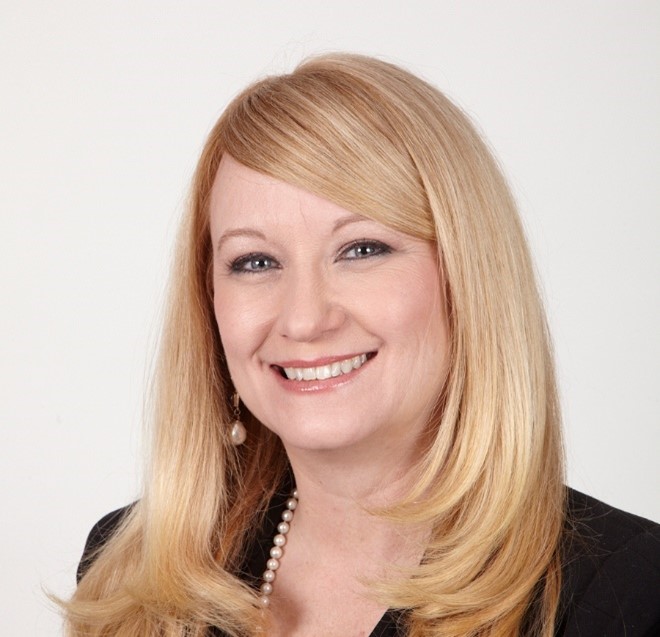Here are five steps to better billing practices at ASCs:
1. Hire people who are subject matter experts for billing and coding
Each member of the team should be an expert in their subject matter and continue following the market throughout their careers. “My payment people read EOBs all day long and figure out cash flow,” says Lisa Rock, president of National Medical Billing Services. “My collectors spend all day working on collections. If you focus on one thing all day, you become really good at it. I think that is the foundation for a great billing company.”
In billing and coding, you can subdivide the experts down to really focus on their individual part of the entire process. “In medicine, you can subdivide the specialties down because some people are good at coding orthopedics while others are better with general surgery,” says Ms. Rock. “The more you divide down, the better you become.”
Specialization becomes especially important when considering today’s healthcare market. “Healthcare reimbursement is a highly complex area with significant regulatory considerations, so everything should be geared toward specialization,” says Nader Samii, CEO of National Medical Billing Services. “Specialization is really key to success.”
2. Devise a defined collections policy
It’s crucial for surgery centers to have a defined collections policy that patients understand even before they arrive at the surgery center. If the patient knows what their responsibilities are and when payment is due, the ASC is more likely to collect.
“The ASC should have a written set of policies and procedures for handling the account from cradle to death,” says Jim Devitt, an expert in healthcare revenue cycle management. “There are some people coming in with $5,000 deductibles and you must have a policy from the minute they walk through the door on how you are going to handle collections.”
Place importance on working with the patients for quick and easy payments. “It can be done in a nice way that keeps it clear and simple for the patients,” says Mr. Devitt. “Define what is acceptable and what is past due. You may see some practices that keep billing statements 10 months after services are delivered, and that’s a problem. Focus on patient responsibilities and the actionable steps you will take to collect.”
In the policy, define how many written notices or letters patients will receive, how returned mail is handled and when statements are due. If you are too busy to manage the revenue cycle and go after delinquent patients, consider outsourcing these services.
3. Handle out-of-network patients appropriately
The group began by discussing the challenges in attracting patients to out-of-network facilities, which by being out of the health plan’s network, have higher out-of-pocket costs to the patient. While the panelists agreed this can be a challenge, the key is training surgeons and their office staff on educating patients on the surgery center option. According to Danny Bundren, CDA, JD, vice president of development and operations, Symbion Healthcare, the first challenge is educating patients they can go out-of-network, and it is a part of their benefits package. “The first hurdle to get over is they aren’t doing anything illegal,” he said.
Ed Hetrick, president and CEO, Facility Development & Management said that all surgeons at his centers participate in a yearly in-service to train them on the recommended “script” for explaining an ASC’s benefits over a hospital. They are also educated on what they can and can’t say to patients. Providing patients with an estimate of their costs before scheduling the procedure was also recommended by several on the panel of a best practice as it eases the patient’s concerns about the cost of the out-of-network procedure.
Another hurdle for out-of-network reimbursement is that, in some cases, patients are sent the check for the center’s services that they must then turn over to the center. Mr. Hetrick explained that his surgeons are careful to educate their patients on this important step, and his centers are aggressive in going after the money if the patient fails to repay a center.
4. Staying up-to-date
The most difficult challenge for compliance is often staying up-to-date with code changes, George Kaplinksi is the vice president of operations for ASC billing services at SourceMedical, says. Codes are constantly changing, and even slight alterations can impact compliance for a claim.
For instance, this year several knee arthroscopy codes were altered to also include chondroplasty, which under certain conditions could previously be billed separately. Also, last year several pain management codes changed to also include fluoroscopy. Coders who continue to bill these elements separately would be at risk for compliance violations, such as upcoding or unbundling.
Much national attention has been brought to upcoding through using electronic records and systems, but in ASC’s unbundling codes is a more common coding mistake, he says. Coders should know what is included in each code they submit so they do not include unnecessary codes. The penalties for unbundling can be severe, he says.
“We make sure we have certified coders that have ASC experience and deal with the codes every day,” he says.
Mr. Kaplinksi also recommends making sure proper Correct Coding Initiative edits are being used by your coders.
5. Conduct regular audits
Make sure you’re conducting regular audits to ensure quality in your business office, Adrian Epps, director of contracting services for Adrian says. “Audit medical records to make sure the coders are effectively coding things in the record and that the record is filled out properly,” he says.
Once a month, for example, you can go through the records and mark down any problem areas. You should also track the collection of co-insurance and co-payments up front; are your staff members sticking to your policy of always asking for payment before surgery, or are they letting the patient off the hook because they feel uncomfortable?
Ref. Becker’s Healthcare
This post was first published January 22, 2013 and was updated July 29, 2020.

